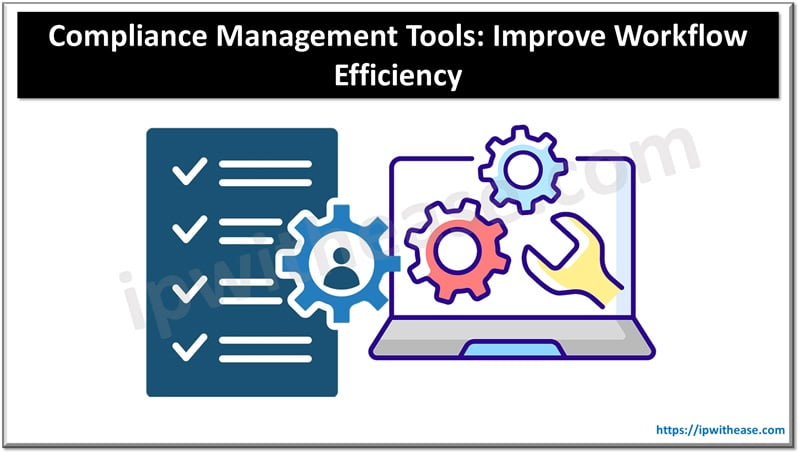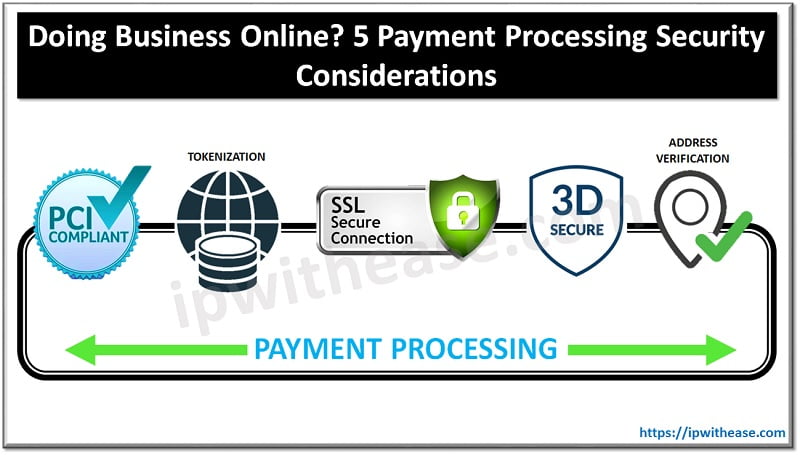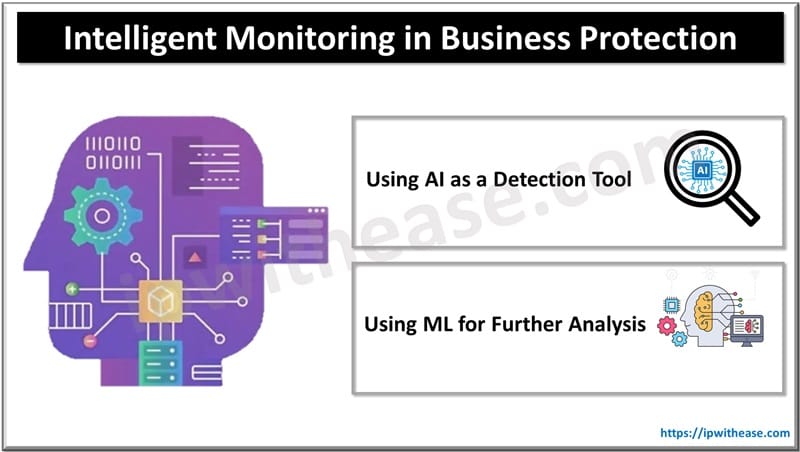Table of Contents
Selecting the right tools for compliance management can significantly improve workflow efficiency for your business. However, most find it difficult to keep up with the regulations. That’s where the right software comes into play. It simplifies the compliance process. This, in turn, helps teams work faster, smarter, and more accurately.
With so many compliance management tools available, making the right choice can be tricky. This guide discusses the things you should consider when selecting a compliance tool, ensuring it fits your company’s specific needs and boosts your workflow efficiency. Getting this choice right can save both time and money, enhancing the way your business operates.

Tips to Select Compliance Management Tools
Knowing Your Compliance Needs
Every business has unique compliance requirements. Some industries have stringent regulations, while others might need less oversight. Before choosing a tool, it’s important to know what regulations your business must follow. Do you need to comply with data privacy laws? Or maybe environmental standards?
Identifying these needs is the first step in selecting a compliance management tool. This understanding will help you filter out unnecessary features and focus on those that matter most. A clear understanding of your compliance requirements will ensure you avoid paying for features you don’t need.
Evaluating Software Integration Capabilities
A great compliance tool should seamlessly fit into your existing systems. It’s crucial to check if the software can integrate with other tools your business already uses, such as accounting systems, customer management software, or document storage solutions.
Integration not only saves time but also reduces the need for switching between multiple platforms. The fewer tools you need to manage separately, the more efficient your workflows become. It’s always a good idea to ask the software vendor for case studies showing successful integrations in businesses similar to yours.
Assessing Automation Features for Workflow Efficiency
Automation is a key benefit of using compliance tools. Manual tracking and documentation take up a lot of time and often lead to errors. Compliance management software with automation features can handle repetitive tasks, such as generating reports or sending reminders about deadlines.
Automation reduces human error and ensures that tasks are completed on time. As a result, your team can focus on more important tasks, which improves overall productivity. Automation also offers peace of mind, knowing that critical tasks won’t fall through the cracks.
Customization Options for Regulatory Frameworks
Not all businesses have the same regulatory frameworks. A compliance tool should allow you to tailor its features to meet specific industry standards. Having the option to customize settings ensures that the software addresses your unique challenges and requirements.
Whether you are dealing with financial regulations, health and safety standards, or data protection laws, a flexible tool will adapt to your needs, ensuring full compliance without extra hassle. Customization also enables you to adjust the tool as regulations evolve, keeping your business prepared for future changes.
User Interface and Ease of Use
The best compliance tools are those that anyone on your team can use with little training. A user-friendly interface makes the software more accessible, reducing the learning curve and minimizing frustration. When choosing a tool, request a demo or trial version to test how easy it is to navigate.
Your team should understand and use the software without needing constant support, which saves time and resources in the long run. A tool that is intuitive promotes higher adoption rates, meaning everyone will be more likely to use it effectively.
Data Security and Compliance
Handling sensitive information is part of compliance, and the software you choose should offer strong data protection. It’s important to verify that the tool complies with data security standards, like encryption or multi-factor authentication. Data breaches can lead to legal penalties, so prioritize a tool that ensures the highest level of security.
Compliance software that aligns with industry security standards adds extra protection to your business. Robust security features safeguard your company’s reputation by preventing breaches that could lead to customer mistrust.
Real-Time Monitoring and Reporting Capabilities
Real-time monitoring is an essential feature of a modern compliance tool. It helps you stay ahead of potential risks by identifying non-compliance issues early on. Real-time reports allow your team to quickly address problems before they escalate, keeping operations running smoothly.
A tool that provides timely alerts and detailed reports ensures that your company remains compliant at all times, thus avoiding fines or delays. Having access to real-time data also helps managers make informed decisions more quickly, improving overall operational efficiency.
Scalability to Match Business Growth
Select a tool that can accommodate your company’s growing demands. A small team might not need extensive features right now, but as your business expands, you’ll want a tool that can grow with you.
Consider whether the compliance software can handle increased workloads, additional users, or new regulations as your company evolves. A scalable tool saves you from having to switch platforms down the line. This future-proofing ensures that your investment in the tool will continue to benefit your organization as it grows.
Vendor Support and Training Resources
Even the best tools require support from time to time. When evaluating compliance management software, check what kind of vendor support is available. Is there 24/7 customer service? Do they offer training resources for your team? Access to helpful support and learning materials ensures that you can resolve issues quickly and use the tool to its fullest potential.
Comprehensive vendor support improves overall user satisfaction and helps avoid unnecessary delays. Regular updates and patches provided by the vendor also ensure that your tool remains up to date with the latest regulations.
Benefits of Compliance Tools
The right compliance management tool offers numerous benefits, the most obvious being improved efficiency. Automating tasks and reducing manual labor using these tools allows your team to focus on more critical tasks. With real-time monitoring and easy integration into your current systems, they also enhance accuracy and reduce errors.
Ultimately, the tool can save your business time and money, improve regulatory compliance, and make daily operations smoother. When implemented correctly, a compliance tool is an investment in both workflow efficiency and risk management. Long-term, it fosters a culture of continuous improvement.
Choosing the right compliance management tools is key to enhancing your workflow and ensuring your business meets all regulatory requirements. By focusing on your specific needs, looking for important features like automation, scalability, and ease of use, and considering long-term benefits, you can select a tool that not only keeps you compliant but also boosts overall efficiency.
ABOUT THE AUTHOR
IPwithease is aimed at sharing knowledge across varied domains like Network, Security, Virtualization, Software, Wireless, etc.



